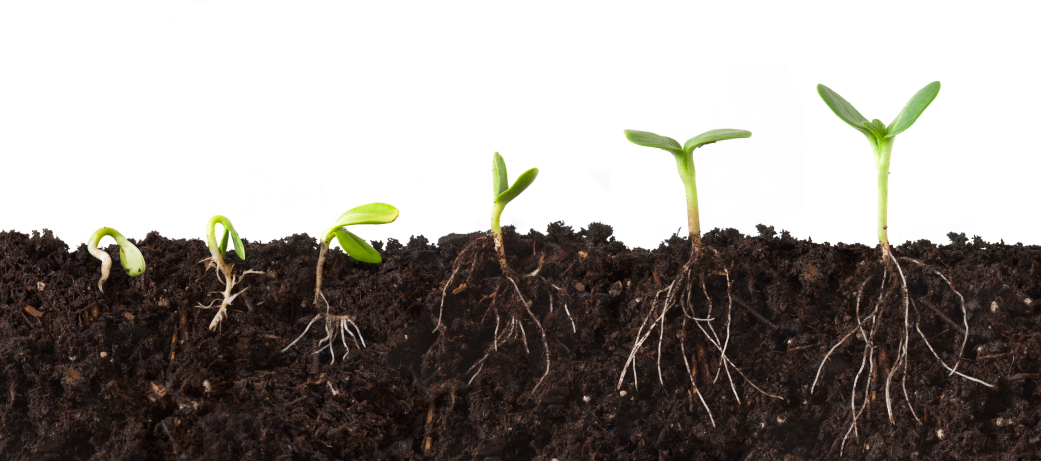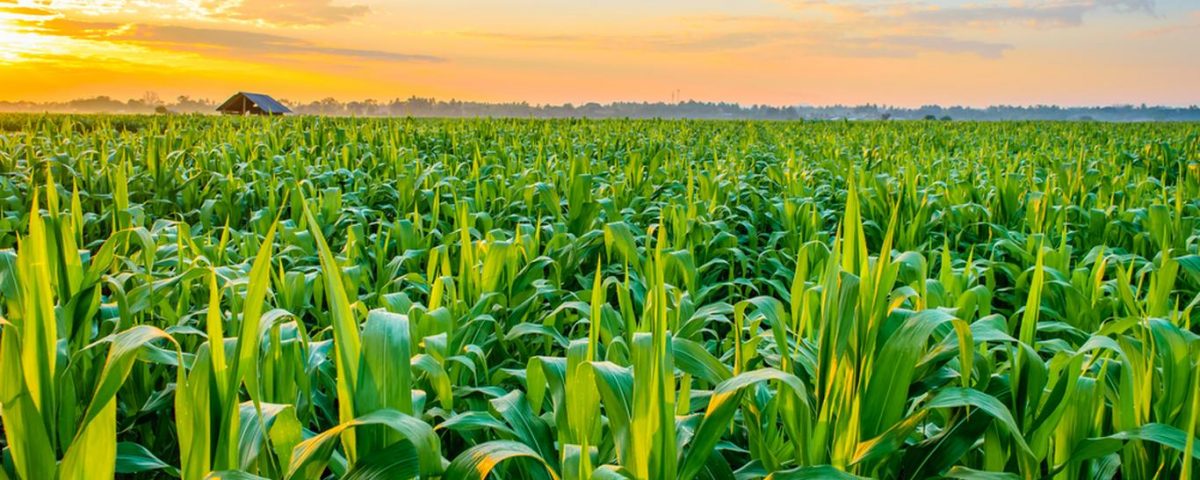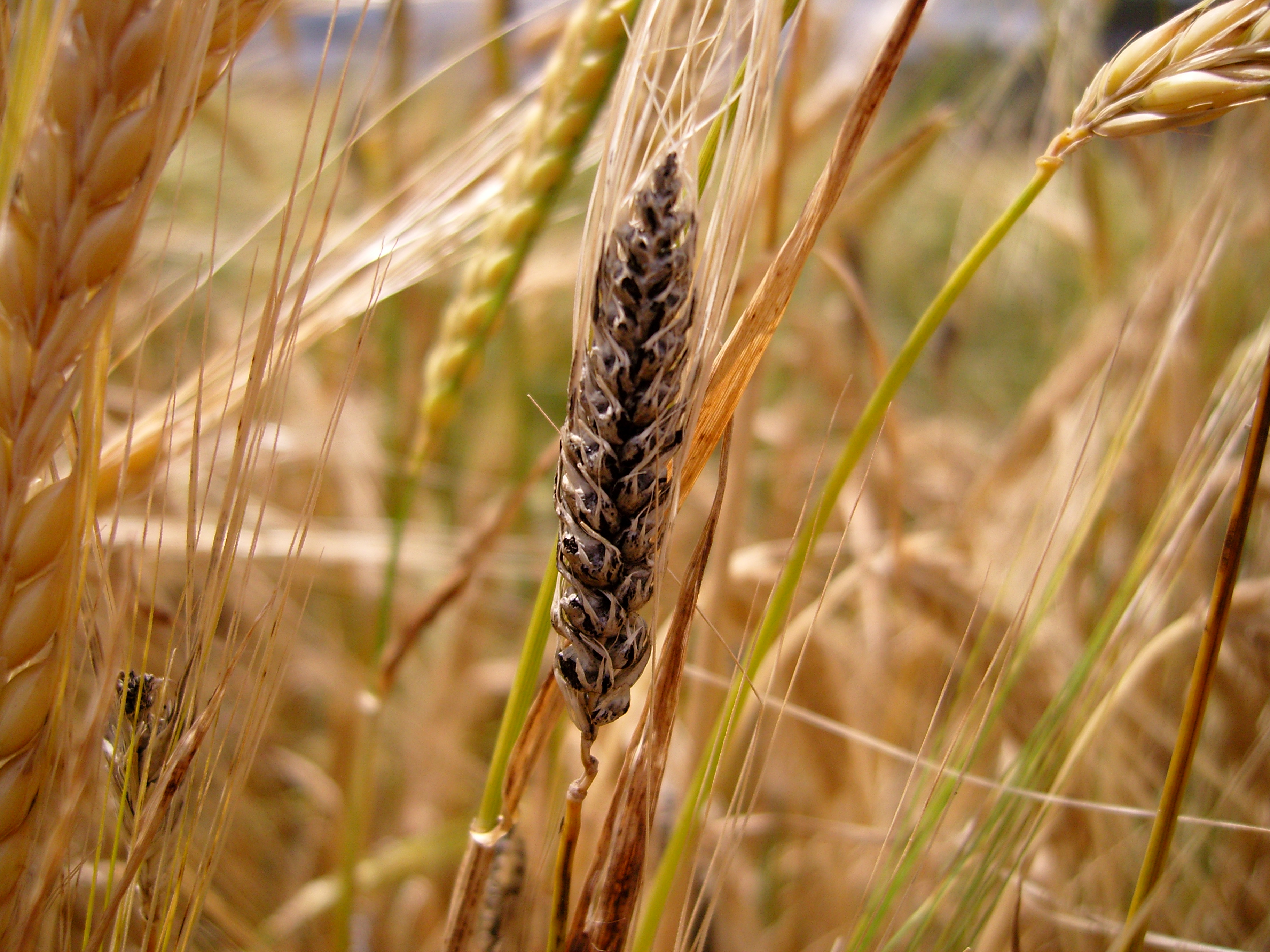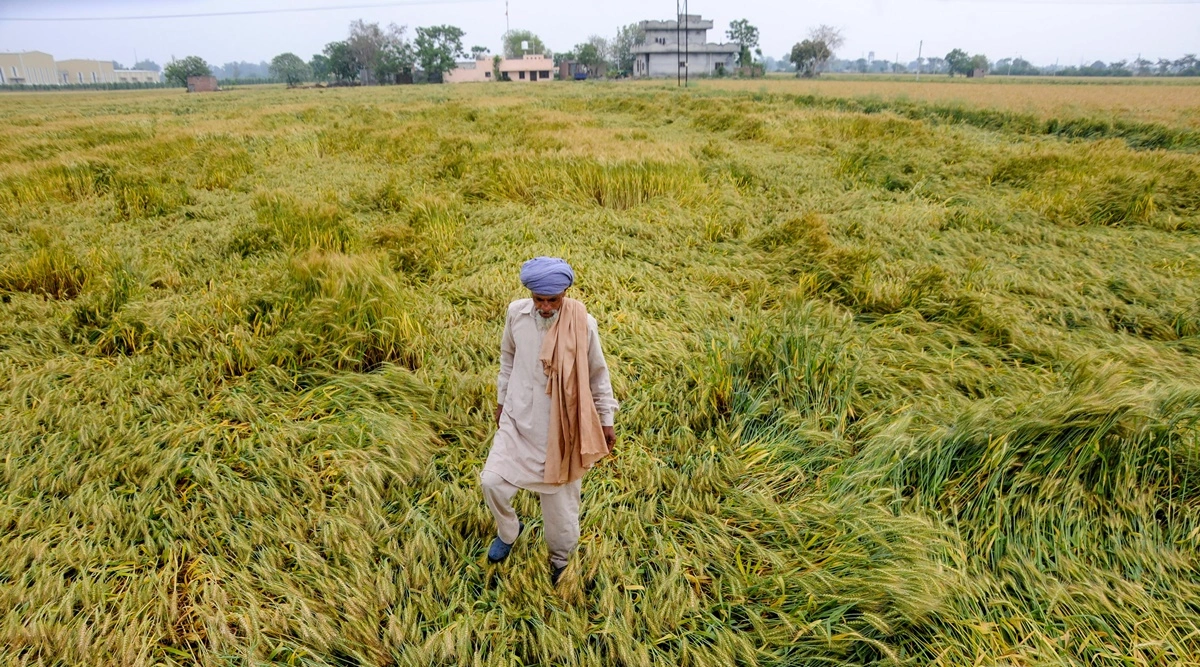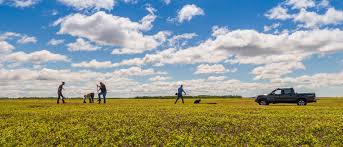The next few weeks of weather will be make or break for Waikato maize growers after some crops have failed to germinate properly.
A chemical treatment used on maize seeds sold under the Pioneer brand is being blamed for poor germination rates, prompting concerns it may impact crop yield when harvesting begins in early 2019.
Genetic Technologies Limited, the company that produces the seeds, has launched an investigation.
What effect it has on crop yield depends on how the rest of the season pans out, GTL maize product manager Barry McCarter said.
Waikato is the largest maize growing region in NZ where it is mainly used as supplementary feed for the dairy industry. A lower yield would mean less feed available for farmers to feed out their stock if it turned into a dry summer.
But a decrease in maize plant population did not necessarily mean an decrease in yield when harvested early next year because fewer plants meant the those that had germinated would have more space to grow.
This could minimise the impact of crop losses, he said.
"If it rains then in some cases you could get a near normal yield. The season from here on in a lot of cases will have the final bearing on yield."
McCarter said he has seen some paddocks where the germination rates were down 30-40 per cent, but adding to the complexity was the variability among affected crops. Where a particular hybrid was impacted on one farm, that same hybrid was unaffected on another.
"We have situations where there is seed on one paddock and it's fine and another where it has caused issues. It's bizarre as usually when you have a seed that is defective you expect to see a similar pattern of issues.
"It's been really difficult to nail down."
The chemical seed treatment blamed for the issues acts as a fungicide, insecticide and protection from birds. Such seed treatments are commonly used by commercial growers.
The company's issue response manager Raewyn Densley said the issue was first noticed in early November when they received farmer feedback that some crops were not germinating properly.
The affected growers were mostly in Waikato and there were some in the lower North Island and South Island.
Waikato Federated Farmers arable chairman John Hodge said he noticed some minor germination issues on his own farm, but not enough to cause serious problems.
He said the bout of cold weather in November appeared to have affected the seed by lowering soil temperatures and slowing germination.
"The seed took a while to germinate and the chemical in it sat there for quite a while whereas if it was planted in moist soil, it tended to disperse it."
This is a sentiment backed by Densley.
"If you have a seed that's compromised, then the impact on the emergence will be greater under some growing conditions than others."
Densley urged farmers to contact them if they suspected they had a problem.
She said it was too early to discuss possible compensation to affected growers while they were still investigating.
Source - https://www.stuff.co.nz/

